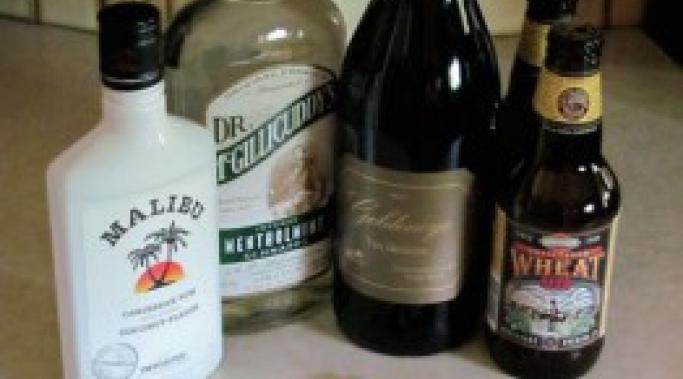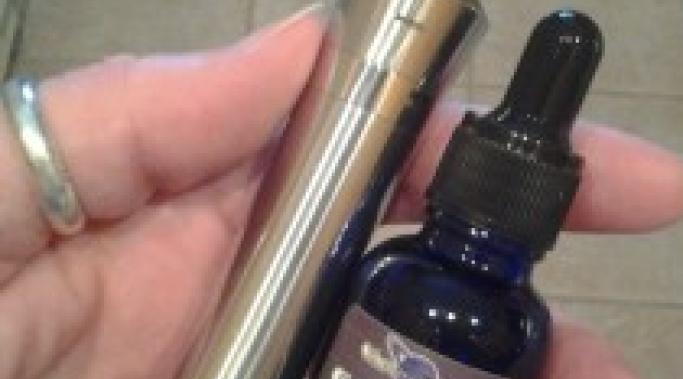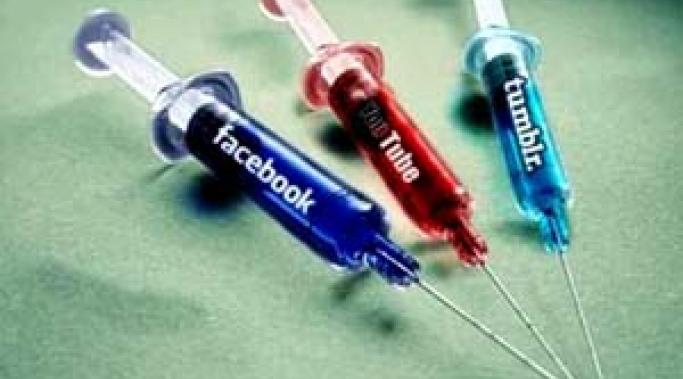Combined drug intoxication, also known as mixed drug intoxication, is a potentially fatal condition characterized by simultaneous action of more than one psychoactive drug, including alcohol. Combined drug intoxication differs from overdose, in that overdose generally refers to a lethal amount of a specific drug, whereas combined drug intoxication often involves smaller amounts of multiple drugs. Often, the amount of any given drug present in a person who dies from mixed drug intoxication is not lethal by itself, but the combination of multiple drugs leads to fatality.
Addiction News
With use of e-cigarettes and vaping on the rise, many people are beginning to wonder, just how safe are e-cigarettes and vaping? I recently attended a lecture by three professors at Portland State University that addressed the science of e-cigarettes. The neuroscience presented was complex but at least one point was clear--vaping and other forms of electronic nicotine delivery are not harmless.
Last month, the Center for Disease Control and Prevention (CDC) released the results of a study of American drinking habits. I was surprised to read the findings. The biggest two takeaways were: one-in-three adult Americans drink heavily and 90 percent of Americans who drink heavily are not alcohol dependent, aka addicted to alcohol. Let's break down what that actually means.
A Recovering Alcoholic Reacts to Marijuana Legalization
My state just legalized recreational marijuana. What does this mean for me as a person in addiction recovery? My initial thought is, it doesn't mean much. As a rule, I practice abstinence from drugs that are mind-altering. For me, this includes alcohol, marijuana, all illegal substances, benzodiazepines and prescription painkillers.
Have you heard of social media addiction? In droves, we engage on social media with selfies, Likes, follows, and shares. These are actions that positively re-enforce the idea that social media tools provide us with good feelings. Like any pleasure-seeking activity, social media tools are addictive. With our society’s dramatic shift toward interacting over the internet and social media tools, it is easier than ever to develop an addiction to social media. Just recently, a man was treated for an addiction to Google Glass™.
The most recent Diagnostic and Statistical Manual of Mental Disorders (DSM-5), published in 2013, changed the criteria for evaluating substance abuse problems and problems involving compulsive behavior, such as gambling. The DSM-5 includes the word "addiction" for the first time, in reference to pathological gambling, which the manual lists as a "behavioral addiction."
The abuse of prescription painkillers in the United States has reached epic proportions. In 2008 drug overdose rates have more than tripled since 1990. More than 12 million people reported using prescription painkillers non-medically in 2010, that is, using them without a prescription or for the feeling they cause.
Unless you’ve been living under a rock then you have undoubtedly heard about the recent admission by Lance Armstrong that he used anabolic steroids during his pursuit of seven straight Tour de France victories from 1999 to 2005. This public admission has served to once again highlight the use of steroids by athletes to enhance their athletic performance. From weightlifters like Lou Ferrigno to baseball players like Barry Bonds, the professional sports world has been rocked by these scandals. But are these substances addictive?
If you’re an addict, like me, then you probably started to experiment with drugs and/or alcohol in your teen years. I remember the first time I drank vividly when I was 15. It seemed like fun until I woke up with a wicked hangover the next day. But that didn’t stop me. I ended up continuing to drink and eventually go on to abuse other drugs. This early use was the first step to my becoming an addict.
The so-called “War on Drugs” has been going for almost as long as I can remember. For years, the US government has poured billions of dollars into programs designed to help decrease America’s dependence on illicit substances. While I typically do not get into public debate on this topic, I felt the need to share my thoughts on this controversial issue.









